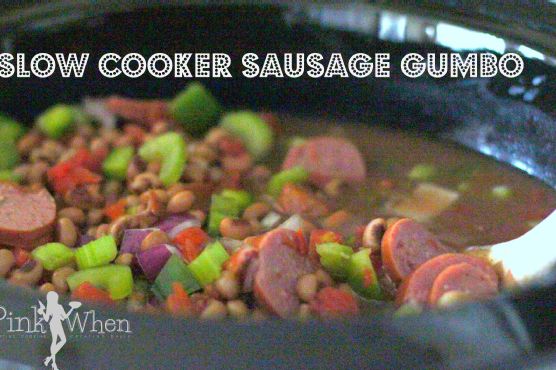Sign In Chef

By using our free meal planner (and the rest of spoonacular.com) you have to agree that you and only you are responsible for anything that happens to you because of something you have read on this site or have bought/cooked/eaten because of this site. After all, the only person who controls what you put in your mouth is you, right?
Spoonacular is a recipe search engine that sources recipes from across the web. We do our best to find recipes suitable for many diets — whether vegetarian, vegan, gluten free, dairy free, etc. — but we cannot guarantee that a recipe's ingredients are safe for your diet. Always read ingredient lists from the original source (follow the link from the "Instructions" field) in case an ingredient has been incorrectly extracted from the original source or has been labeled incorrectly in any way. Moreover, it is important that you always read the labels on every product you buy to see if the product could cause an allergic reaction or if it conflicts with your personal or religious beliefs. If you are still not sure after reading the label, contact the manufacturer.
We also attempt to estimate the cost and calculate the nutritional information for the recipes found on our site. Again, we cannot guarantee the accuracy of this information. Additionally, our nutrition visualizer that suggests that you limit sodium, sugar, etc., and get enough protein, vitamins, and minerals is not intended as medical advice. Similarly, our health tips are based on articles we have read from various sources across the web, and are not based on any medical training. The team behind spoonacular does not possess any medical qualifications and the information may be found to be incorrect or out of date based on future research. If you need help planning your diet or determining which foods (and recipes) are safe for you, contact a registered dietitian, allergist, or another medical professional.
Spoonacular is not responsible for any adverse effects or damages that occur because of your use of the website or any information it provides (e.g. after cooking/consuming a recipe on spoonacular.com or on any of the sites we link to, after reading information from articles or shared via social media, etc.)
× Image © Pink When
Image © Pink When
$3.83 per serving

1 likes

Ready in 45 minutes

Spoonacular Score: 87%
Need a gluten free and dairy free main course? Slow Cooker Sausage Gumbo could be a tremendous recipe to try. For $3.83 per serving, this recipe covers 62% of your daily requirements of vitamins and minerals. This recipe makes 2 servings with 935 calories, 76g of protein, and 14g of fat each. Head to the store and pick up rotel tomatoes, hickory sausage, chicken broth, and a few other things to make it today. Only a few people really liked this Cajun dish. This recipe is liked by 1 foodies and cooks. It is brought to you by Pink When. From preparation to the plate, this recipe takes roughly 45 minutes. With a spoonacular score of 90%, this dish is tremendous. If you like this recipe, you might also like recipes such as Slow Cooker Chicken and Sausage Gumbo, Slow-Cooker Chicken and Sausage Gumbo, and Slow-cooker chicken and smoked sausage gumbo soup.
Gumbo works really well with Sauvignon Blanc, rosé Wine, and Albarino. These low-tannin, lower alcohol wines will complement the heat in spicy cajun dishes, instead of making your mouth burn more. The EOD Cellars Willie Pete Sauvignon Blanc Wine with a 5 out of 5 star rating seems like a good match. It costs about 17 dollars per bottle.
 EOD Cellars wine that is specially bottled to support the EOD Warrior Foundation. A portion of the proceeds of your purchase price will go directly to the foundation.
EOD Cellars wine that is specially bottled to support the EOD Warrior Foundation. A portion of the proceeds of your purchase price will go directly to the foundation.
» Get this wine on Amazon.com






















Read the detailed instructions on Pink When